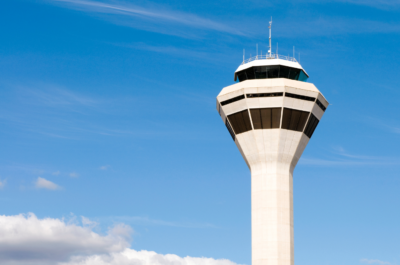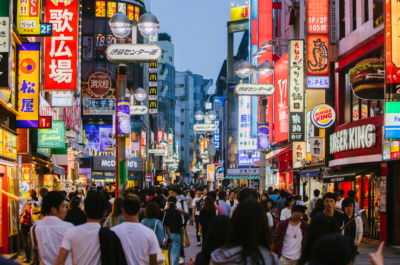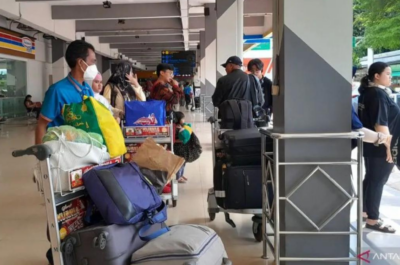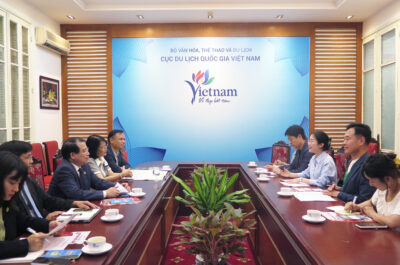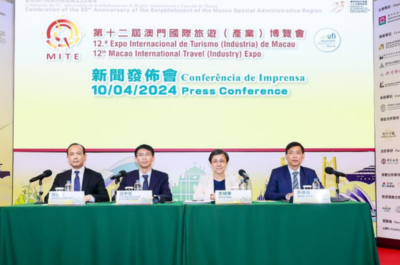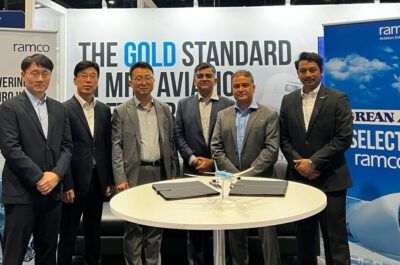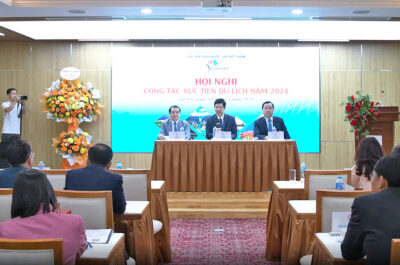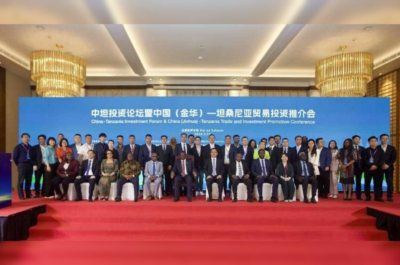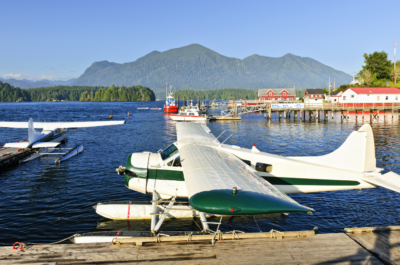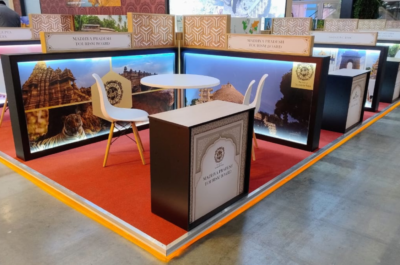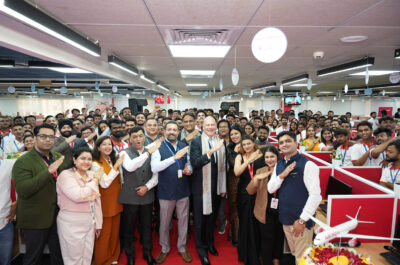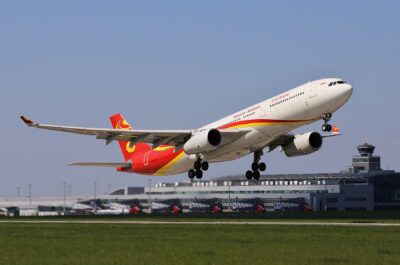Organisations across 6 Asia Pacific countries are excited to make their corporate travel program sustainable, and are turning to technology for help.
A new study by SAP Concur, a provider of integrated travel, expense and invoice management solutions, has found almost nine in ten businesses (86%) across the Asia Pacific (APAC) say their companies are actively considering sustainability when managing corporate travel.
This widespread determination to be environmentally sustainable has been revealed in new research released ahead of World Environment Day on June 5. The SAP Concur APAC Sustainability Survey, was conducted by Consulting Group – Asia Insight, polling 648 senior and mid-level managers in corporate travel, finance, HR, procurement, and sustainability across Australia, China, India, Malaysia, Singapore, and South Korea.
According to the Air Transport Action Group, aviation is responsible for 12% of CO2 emissions from all transport sources; and the World Resources Institute reported that business travel represents about 15% to 20% of global travel.
APAC commits to sustainable travel
Many companies have gone beyond articulating sustainability principles to putting things into practice through their corporate travel policies, driven by their leaders.
About 56% of the respondents said their “senior leadership” is driving the sustainability agenda for corporate travel. This group comes ahead of “employees” (47%), “those responsible for sustainability initiatives” (47%), and “those responsible for corporate travel” (41%).
The survey also suggested organisations are investing in sustainability outcomes. More than half of the APAC firms surveyed said they committed resources to championing sustainability. About 34% of the firms have someone who manages sustainability as part of their role, while 21% have dedicated personnel handling sustainability.
“The research findings were a significant departure from the pre-pandemic days where Asia Pacific organisations were more concerned about travel cost savings than the environmental impact of their actions,” said Matthew Goss, Senior Vice President & General Manager, Asia Pacific and Greater China, SAP Concur.
“I believe that as flying time reduced, and emissions dropped during Covid-19 lockdowns, organisations realised the possibilities of sustainable travel, and stakeholders became more motivated to take action. This shift of focus to bigger picture issues is a pivotal moment – not just for businesses to run better and be more profitable, but for more sustainable business practices to take root.”
Such business practices include the enablement of pre-trip approvals and the provision of sustainable travel and accommodation options for employees’ selection.
Technology is key to overcoming implementation challenges
Despite that intention, businesses outlined a range of priorities for sustainable travel, based on their goals to:
- Increase operational efficiency (70%)
- Have positive brand awareness and reputation externally (67%)
- Cut costs (66%)
Some companies also thought sustainable travel policies could become a competitive differentiator in attracting new talent in a competitive market (63%).
But challenges remain. Hurdles organisations faced in implementing a sustainable travel system included:
- A lack of budget (37%)
- A lack of employee engagement (32%)
- A lack of professional tools to visualise the environmental impact of travel (31%)
- A lack of policy flexibility and adaptability (31%).
Many APAC organisations (71%) already realise they need to harness technology to become sustainable effectively. About 38% currently have software in place to support corporate travel and expense management, while 33% plan to acquire such software “very soon”. About 60% of APAC respondents said they have good or excellent business travel data for their software to analyse.
Staying Grounded
Trains and electric vehicles (EVs) are more sustainable modes of travel than airplanes, in terms of carbon emitted per traveller.
The survey findings suggest that despite countries in the APAC region being separated by water, such modes of transportation will grow here in the coming years:
- There is awareness: About 81% of the respondents know that travelling by rail is more sustainable than travelling by air.
- There is will: Where train travel is applicable, more than three-quarters (76%) of respondents are willing to shift from plane to train, for at least 20% of existing travels. This is especially relevant for corporate travellers in China and Japan, where a prevalence of high-speed trains in key routes offers greater convenience and productivity than flying.
- There is incentive: About 65% of the respondents said they are currently reimbursing employees for EV charging costs; and another 16% plan to do so “very soon”.
“It’s clear from the study that organisations are brimming with interest and intent to embrace sustainable travel,” said Goss. “For those that lack implementation know-how, technology could point a way forward – in terms of helping guide employees to sustainable itinerary options, tracking emissions, and ultimately formulating more efficient and sustainable travel strategies. Firms should examine how these tools can support their broader sustainability goals.”
SAP Concur solutions aim to enable sustainable travel management to assist organisations to make informed travel choices, track and manage results, and measurably demonstrate their actions’ impact to the environment. When complemented by SAP’s sustainability tools, organisations can be empowered to measure, manage and mitigate emissions across their whole business.
Theodore is the Co-Founder and Managing Editor of TravelDailyNews Media Network; his responsibilities include business development and planning for TravelDailyNews long-term opportunities.

































